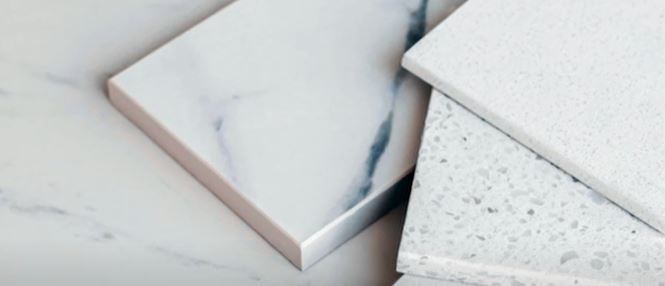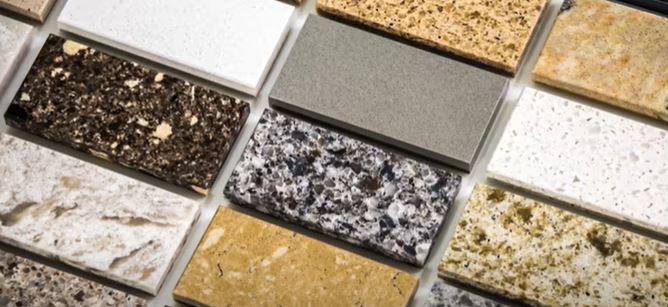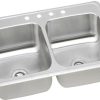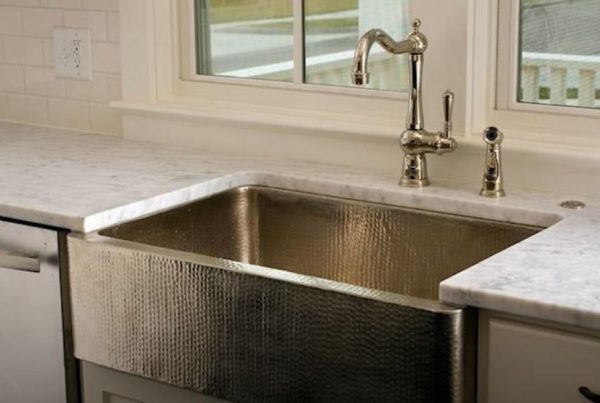In the world of interior design, the best stone for kitchen countertops is often considered the heart of the home. It’s where culinary masterpieces are created, family gatherings take place, and memories are forged. To enhance the functionality and aesthetics of your kitchen, one of the most critical decisions you’ll make is selecting the suitable stone for your Best Stone for Kitchen Countertops. In this comprehensive guide, we will delve into the world of kitchen countertop stones, helping you make an informed decision that will elevate the look of your kitchen and stand the test of time.
Introduction to Kitchen Countertop Stones
When it comes to kitchen countertops, there is an abundance of choices available, each with unique properties and visual appeal. To make an informed choice, one must understand the characteristics of some of the most popular countertop stone options.
Granite Countertops
Granite, the best stone for kitchen countertops, has long been a symbol of luxury and durability in kitchens. This natural stone is formed deep within the Earth’s crust, making it exceptionally hard and resistant to heat and scratches. Its unique veining and speckled patterns add a touch of elegance to any kitchen.
Why Choose Granite?
- Exceptional durability.
- Heat and scratch resistance.
- Unique natural patterns.
- A wide range of color options.
Factors to Consider When Choosing the best stone for kitchen countertops
Now that you’re acquainted with some of the best stone for kitchen countertops options let’s dive into the crucial factors to consider.
Budget
Your budget plays a significant role in determining the type of best stone for kitchen countertops. While some rocks like granite and marble can be pricier, quartz and quartzite offer more budget-friendly alternatives without compromising quality and aesthetics.
Lifestyle and Usage
Consider your lifestyle and how you use your kitchen. If you’re an avid cook who frequently uses hot pots and pans, heat-resistant stones like granite or quartzite may be ideal. For those who love baking, the excellent surface of marble can be a blessing.
Maintenance
Different stones have varying maintenance requirements. Marble, for instance, is more susceptible to staining, while quartz is virtually maintenance-free. Evaluate how much time and effort you will spend caring for your countertops.
Aesthetic Preferences
Your style and the overall look you want to achieve in your kitchen should guide your choice. Granite and quartzite offer various colors and patterns, while marble exudes timeless elegance.
Conclusion
Choosing the best stone for kitchen countertops is a decision that shouldn’t be taken lightly. By considering your budget, lifestyle, maintenance preferences, and aesthetic desires, you can make an informed choice that will not only enhance the functionality of your kitchen but also elevate its visual appeal.
Investing in high-quality kitchen countertops is an investment in your home’s value and daily enjoyment. So, take your time, explore your options, and select the stone that resonates with your unique style and practical needs.
Frequently Asked Questions (FAQs)
Can I install kitchen countertops myself?
While some DIY enthusiasts may attempt countertop installation, hiring a professional installer is highly recommended. Proper installation ensures that your countertops are level, secure, and defects-free.
What is the average lifespan of kitchen countertops?
Generally, high-quality rocks like granite and quartzite can last several decades with proper care.
Are there eco-friendly countertop options available?
Yes, there are eco-friendly countertop options, such as recycled glass countertops or sustainably sourced wood countertops. These choices minimize environmental impact.
Can I repair chipped or cracked countertops?
Professionals can repair minor chips and cracks in some stone countertops. However, addressing any damage promptly is essential to prevent further issues.
Do I need to seal my stone countertops?
Not all stone countertops require sealing. Granite and marble, for example, benefit from periodic sealing to protect against staining, while quartz countertops are typically sealed during manufacturing and don’t require additional sealing.
How can I clean and maintain my stone countertops?
Use a mild, pH-balanced cleaner and a soft cloth to clean and maintain your stone countertops. Avoid abrasive cleaners or scouring pads that can scratch the surface.













